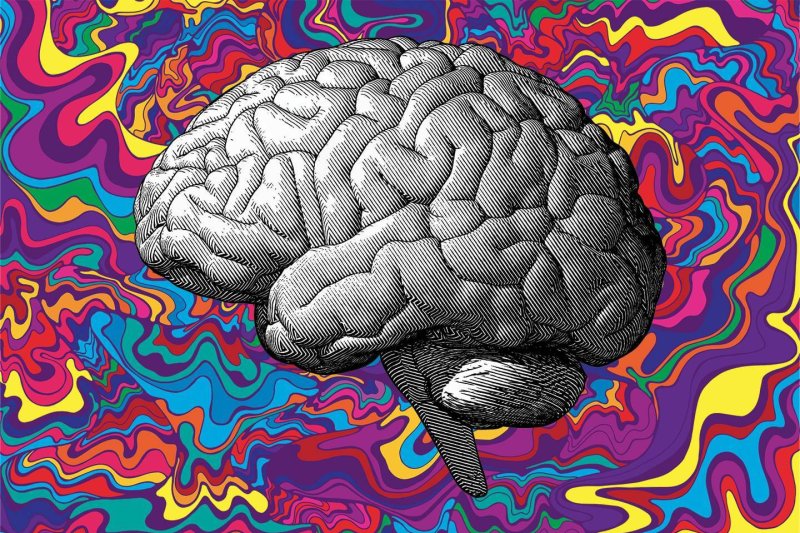As of 2018, nearly one in eight Americans use antidepressants. Unfortunately, more than a third of patients are resistant to the mood-improving benefits of medicine’s best antidepressant drugs.
These people are not completely out of options, and science is steadily working to find ways to help them. There are chemicals already out there that can restore their mood balance, and in some cases, even save their lives. Unfortunately, these drugs have a name that wrongfully conjures up controversy and alarmist news headlines: hallucinogens.
…
As far as outcomes go, psychedelics in combination with psychotherapy are remarkably efficient at treating depression. Compared to selective serotonin reuptake inhibitors, or SSRIs, the current gold standard in antidepressant medication, psychedelics have a faster effect on patients, sometimes effective with only a single therapy session. On the other hand, anti-depressants often take weeks before a reversal of depression is observed.
Psychedelics also have a longer-lasting effect than an SSRI regimen. A 2015 study of more than 190,000 Americans demonstrated that past history of psychedelic use decreases the odds of suicidal thoughts or actions over the course of a lifetime.
Putting aside preconceptions about these drugs, if objectively comparing their properties to the other drugs that someone can easily buy at a convenience store, their safety becomes apparent.































